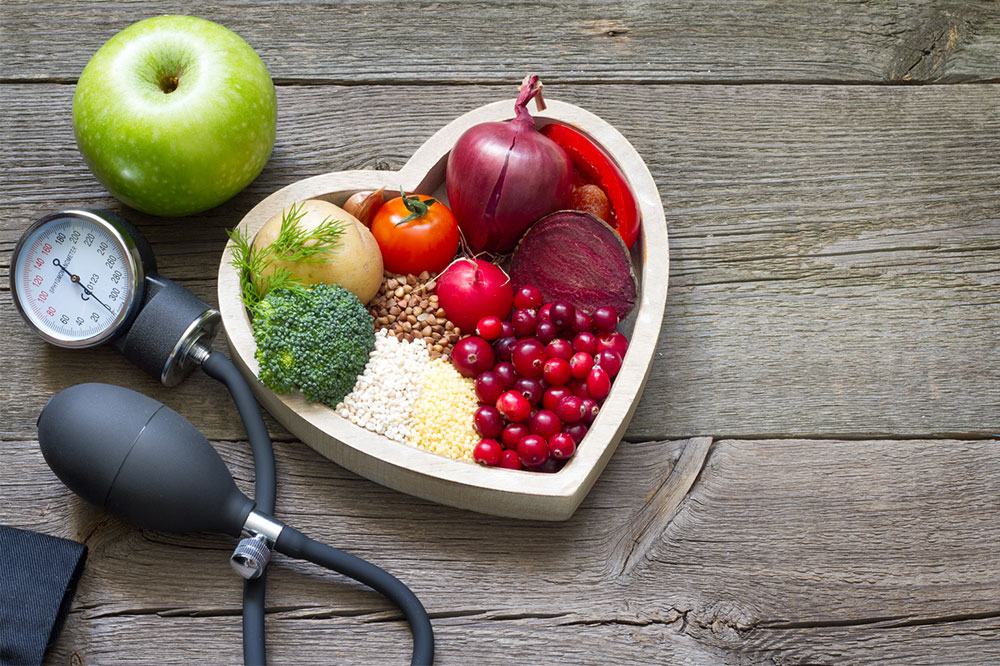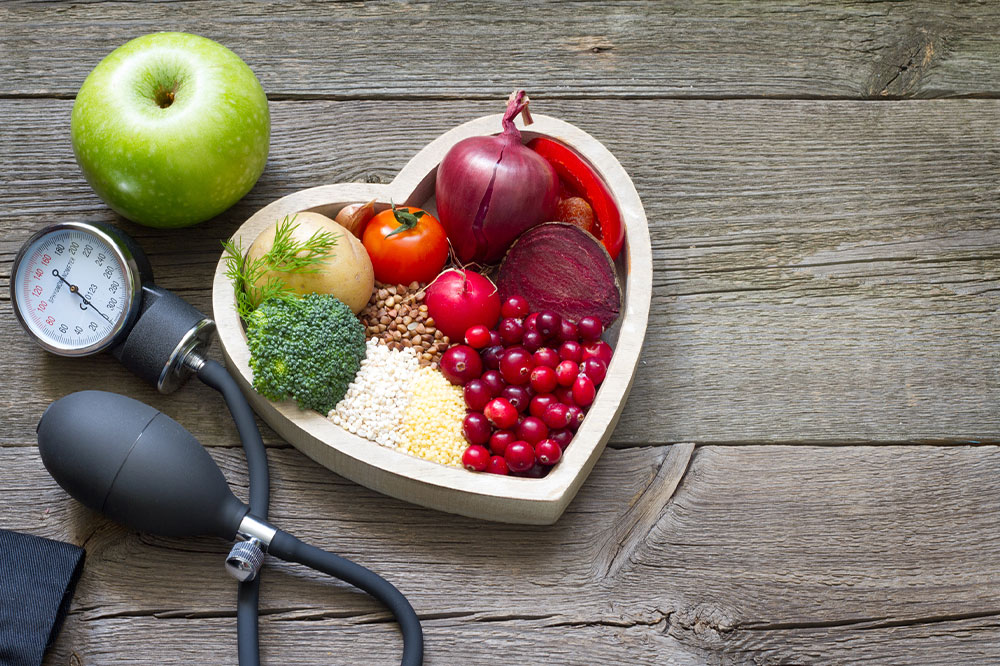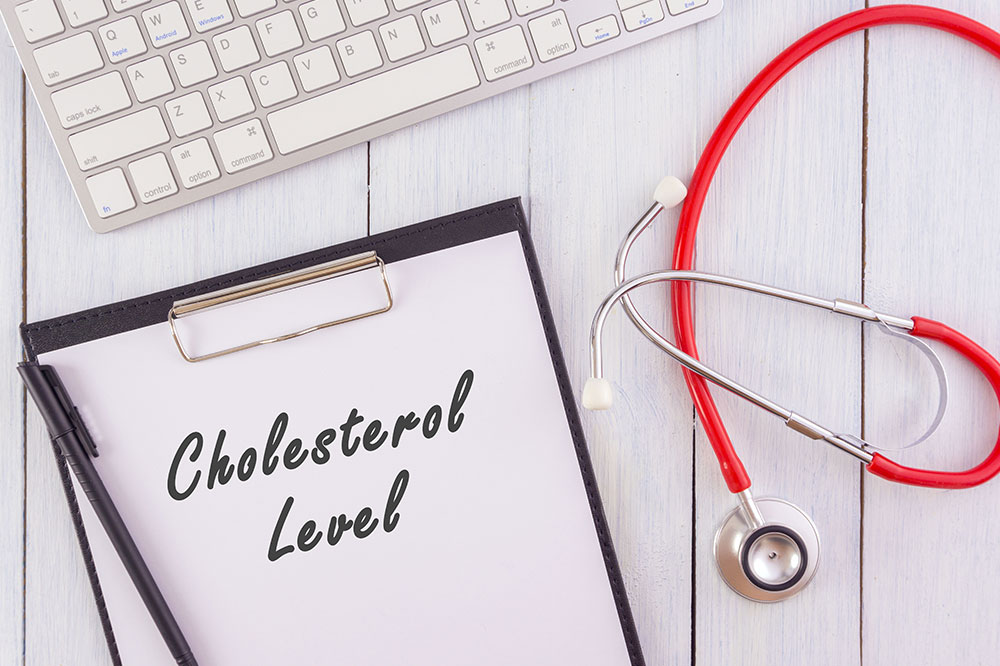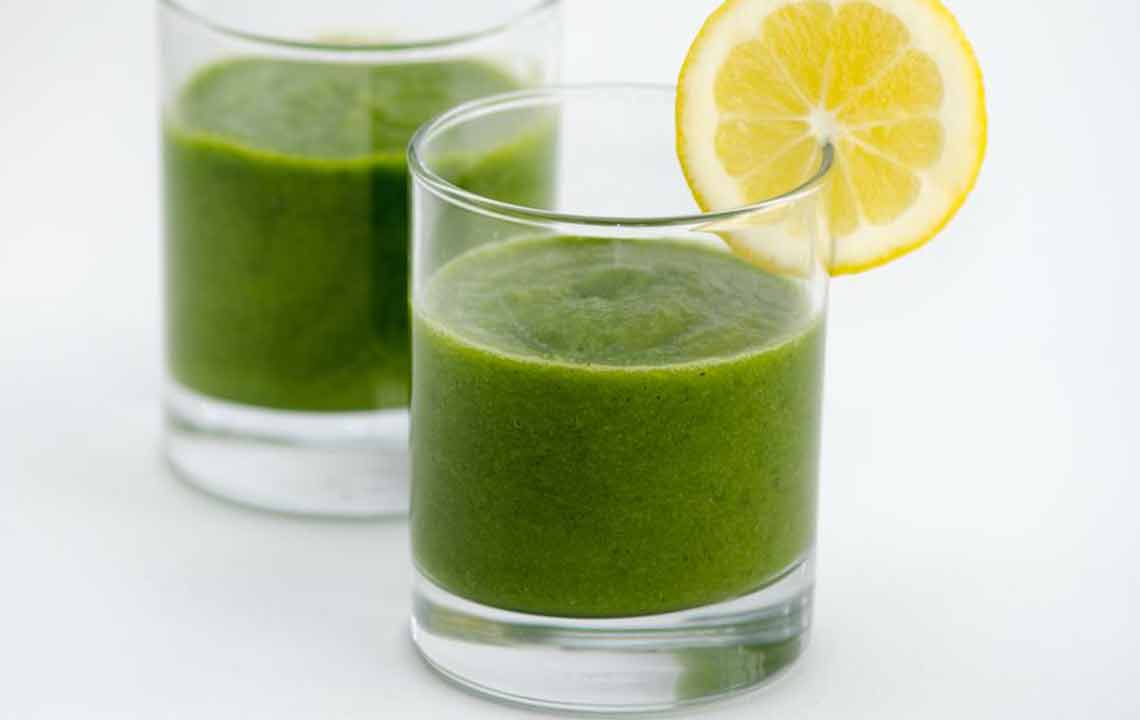Effective Strategies for Lowering Cholesterol Naturally and Medically
Explore effective natural and medical methods to lower cholesterol levels safely. Learn about medications like bile acid sequestrants, ezetimibe, niacin, fibrates, and omega-3s, alongside dietary changes and exercise routines. Discover how foods such as spinach, avocados, dark chocolate, and oats can boost heart health. Consult your doctor to tailor these strategies to your needs and improve your cardiovascular health naturally and effectively.

Effective Strategies for Lowering Cholesterol Naturally and Medically
Managing high LDL cholesterol often begins with medications like statins, but due to possible side effects or genetic reasons, alternatives may be necessary. There are various options beyond statins that can help improve your lipid profile.
Below are some medical and lifestyle approaches to control cholesterol levels effectively.
Medications
Several alternatives to statins can be recommended by your healthcare professional.
Bile Acid Sequestrants
These drugs bind to bile acids in the intestines, prompting the body to excrete them. As a result, the liver absorbs more cholesterol to produce new bile acids, leading to lower LDL levels. Examples include colestipol, cholestyramine, and colesevelam.
Ezetimibe
This medication inhibits cholesterol absorption in the small intestine by blocking specific proteins, reducing the amount entering the bloodstream. It also lessens cholesterol available to the liver, encouraging the liver to to extract more from the blood, helping lower overall cholesterol levels.
Niacin (Vitamin B3)
Niacin boosts beneficial HDL cholesterol and decreases triglyceride stores in fat tissues. While not as potent as other drugs, vitamin B3 is often used to regulate cholesterol and avoid statin side effects.
Fibrates
Fibrates influence the liver to reduce the production of VLDL particles, which carry triglycerides and cholesterol, and promote faster clearance of triglycerides from the bloodstream. Medications include gemfibrozil, fenofibrate, and clofibrate.
Omega-3 Fatty Acids
Found in fish and flaxseed, omega-3s enhance HDL levels and help lower triglycerides and LDL cholesterol. Supplements can be used for more targeted effects.
Consult your healthcare provider before starting any new medication to understand potential side effects or interactions.
Dietary Adjustments
Diet plays a significant role in cholesterol levels. Reducing processed foods, sugar, and unhealthy fats is essential. Focus on natural, unprocessed sources of healthy fats to better manage cholesterol.
Include these foods in your diet:
Spinach
Rich in lutein, spinach helps prevent arterial plaque buildup, reducing the risk of heart attacks and strokes.
Avocado
This fruit contains beta-sitosterol, which blocks cholesterol absorption in the intestines.
Dark Chocolate
High-cocoa dark chocolate (above 70%) is packed with antioxidants that prevent blood clots and arterial clogging.
Olive Oil
A healthy cooking oil that contains plant fats which inhibit cholesterol absorption.
Legumes
Beans are high in monounsaturated fats and fiber, both of which help lower bad cholesterol.
Tea
Rich in antioxidants, tea can help reduce lipid levels and combat oxidative damage.
Garlic
Contains compounds that prevent cholesterol from sticking to artery walls, reducing plaque formation.
Red Wine
In moderation, red wine offers antioxidants like resveratrol that protect against arterial damage.
Oats
Contains beta-glucan which helps absorb LDL cholesterol from the blood.
Physical Activity
Regular exercise is crucial for maintaining healthy cholesterol levels. Start with simple activities like brisk walking or gardening, then gradually incorporate more vigorous routines. Options include:
Running or jogging
Hiking
Swimming
Cycling
Playing sports like tennis or soccer
Weight training can also boost muscle mass, enhance metabolism, and help burn calories, providing an additional advantage similar to medication.
By combining these medical and lifestyle strategies, you can effectively reduce high cholesterol and improve your cardiovascular health. Take proactive steps today for a healthier future.










